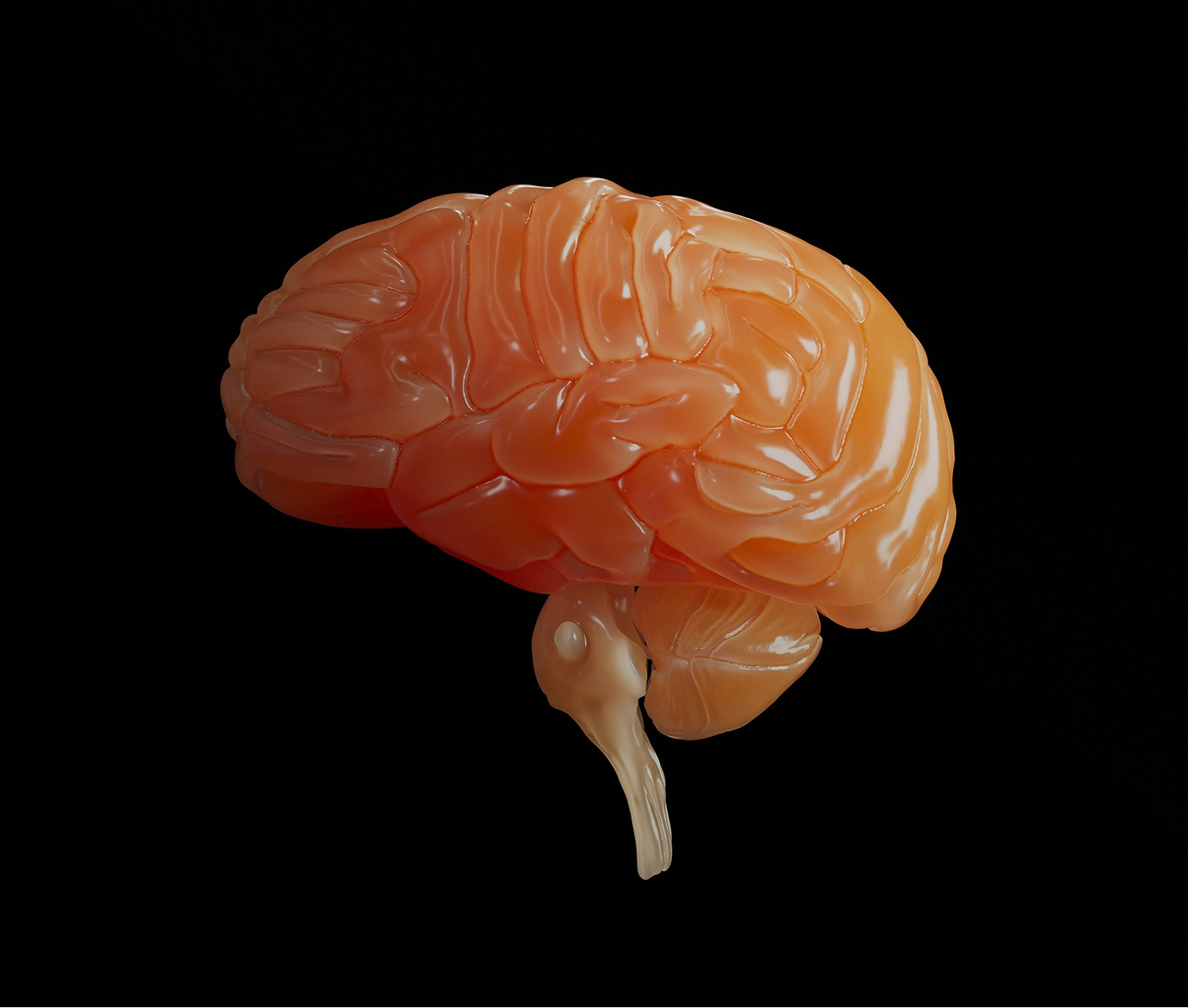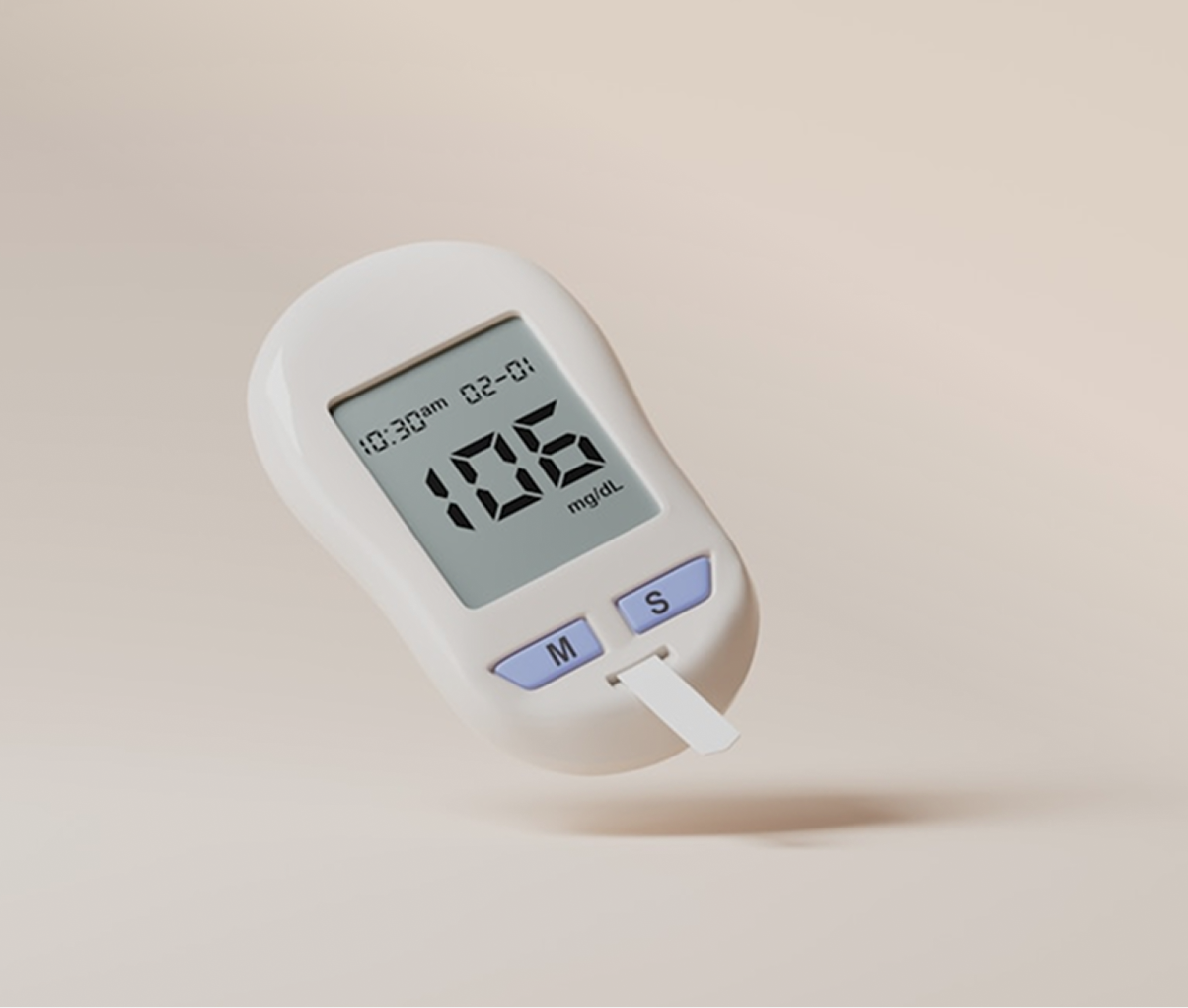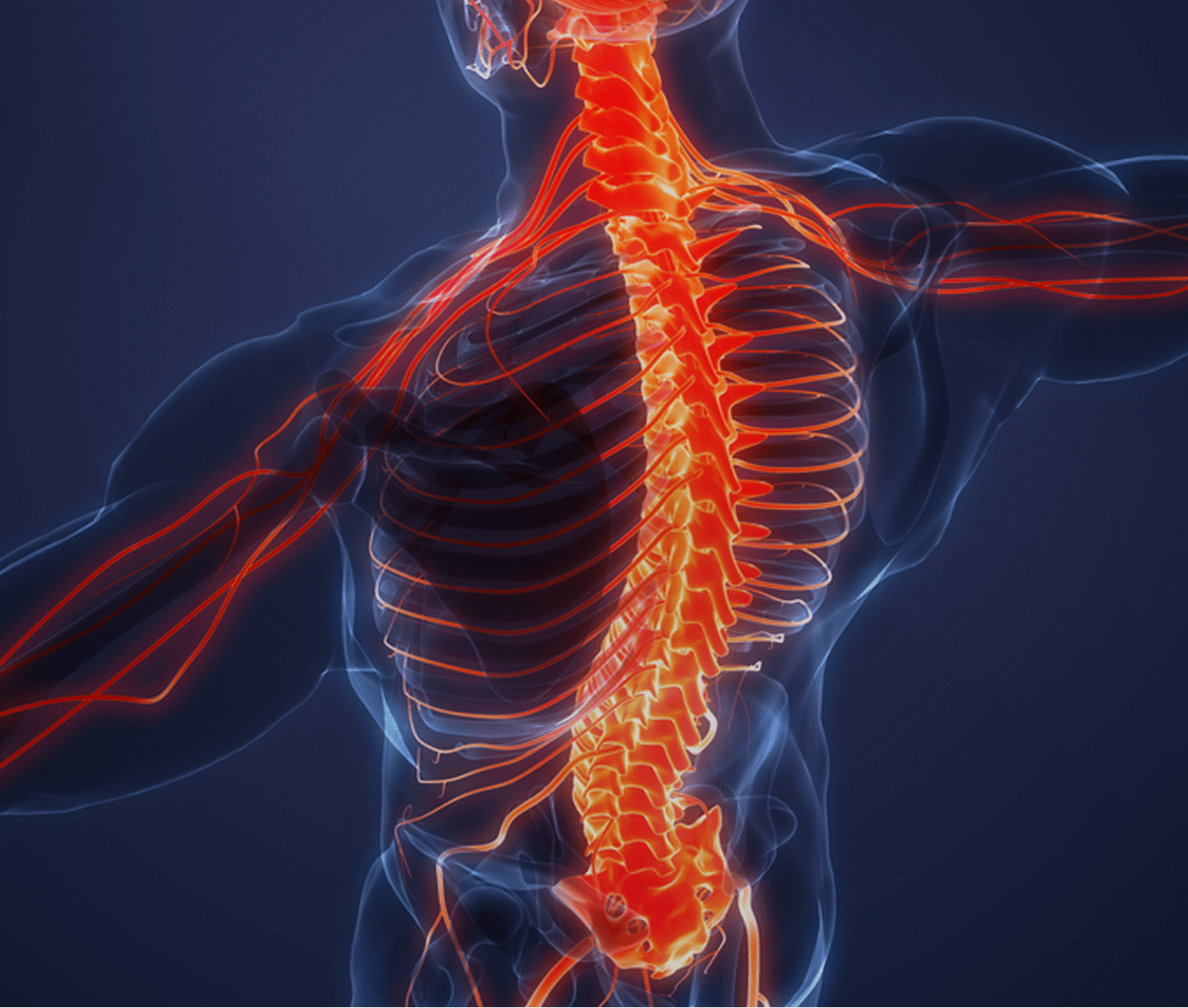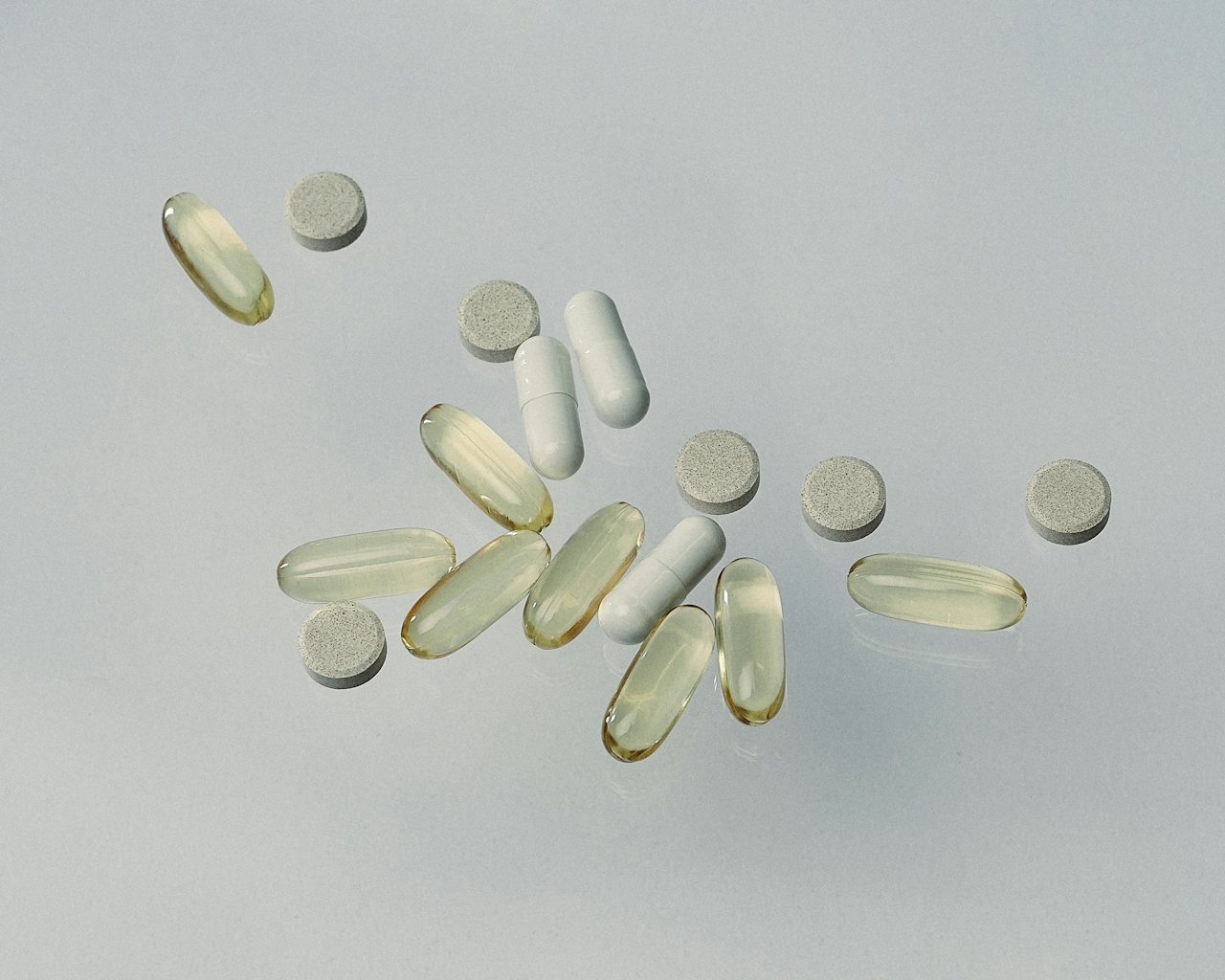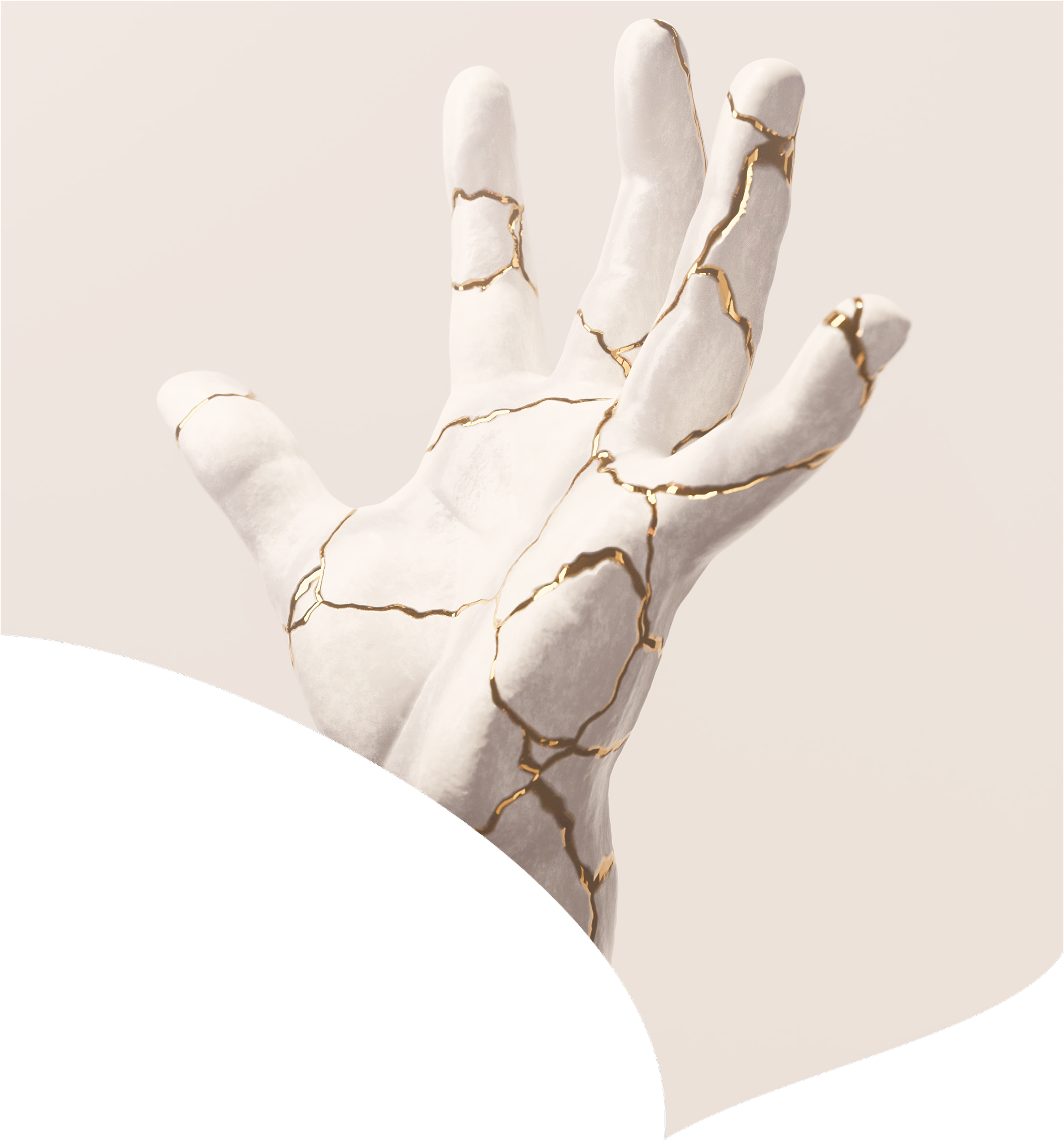
Longevity is the new frontier, and supplements are its gold rush. Everyone’s chasing more energy, more clarity, more years. The supplement aisle isn’t fringe anymore; it’s the new pharmacy of hope. Global sales now stretch into the hundreds of billions, as more people look beyond traditional medicine, fitness, and diet for answers. We’re living in the age of optimization—and there’s no shortage of people eager to sell it to you.
But let's be clear from the start. There is no magic bullet.
No pill, powder, or patch will overcome poor movement,
sleep, and diet.
“Supplement” is defined as something that completes or enhances something else when added to it. If you’re not exercising regularly, managing stress, and getting high-quality sleep, no NAD+ booster, skincare peptide, or IV drip is going to grant you access to the fountain of youth.
A life well lived is about the combination of good habits, a clear purpose, and healthy connection. That’s the foundation.
Within that framework, supplements can definitely help. They can support and elevate your energy, mood, metabolism, brain function, recovery, and more—when used wisely.
But effective supplementation requires patience. Supplements work gradually over time. And many can and should be used in cycles.
Before adding anything new, consult a healthcare provider. Ideally, get comprehensive testing—blood panels, GI analysis, hormone levels—to establish your baseline and surface deficiencies or imbalances. This helps ensure you're targeting your wants and needs, not just chasing trends.
Once you start, track your experience. Journal what you notice: changes in energy, focus, sleep, digestion, mood. Supplements work best when you treat the process as an experiment—with data and awareness, not guesswork.
You'll often hear about "stacks"—strategic combinations of supplements designed to support a specific outcome (like better focus, hormone balance, or muscle recovery). A skilled functional medicine doctor or hormone specialist can help you personalize a stack to your goals.
While this list is extensive, we’re focusing on foundational compounds only. Peptides, stem cells, and exosomes will be covered in future newsletters. For now, we’ve organized the supplements into key biological categories—metabolic, mitochondrial, neuroprotective, and more—so you can explore what speaks to you.
If something resonates, bring the list to your doctor. Ask about stacking. Ask about testing. Ask what matters for you.
Above all, supplementation is about giving your body the raw materials and support it needs to rebuild, repair, and eventually thrive. It already knows what to do—it just needs the right fuel and conditions.
METABOLIC HEALTH
Your metabolic function impacts everything from daily energy levels to long-term resilience. These supplements support efficient glucose handling, energy regulation, and cellular adaptability—helping you feel more energetic, mentally sharp, and physically capable today while also building a foundation for future health. Whether you're looking to enhance athletic performance, maintain healthy weight, or simply feel more vital, optimizing metabolic health offers both immediate and lasting benefits.
Metformin is a diabetes drug that also activates AMPK, the body’s cellular energy sensor.
It helps regulate blood sugar, mimics fasting, reduces inflammation, and may lower the risk of age-related diseases like cancer and heart disease.
The evidence: Diabetics on metformin often outlive those on other meds—and sometimes even non-diabetics. Extends lifespan in mice. Human trials are ongoing.
Why it matters: The most studied longevity drug. Promising, but may blunt exercise gains and cause GI issues. Best used under medical guidance.
Rapamycin is a prescription mTOR inhibitor originally used as an immunosuppressant. It mimics fasting, triggers autophagy (the body’s cellular cleanup process), and may support immune health, cognition, and cardiovascular function.
The evidence: In mice, it extends lifespan by 20–30% and improves multiple aging markers. Human research is still early.
Why it matters: The most potent anti-aging drug in animal studies. Promising, but may raise blood sugar and impair wound healing. Use only under medical supervision.
Berberine is a plant compound long used in traditional Chinese medicine. It improves blood sugar control, enhances insulin sensitivity, lowers cholesterol, and reduces inflammation—similar to metformin.
The evidence: Human studies show strong effects on glucose, cholesterol, and inflammation.
Why it matters: A powerful, natural metabolic enhancer. Some may experience GI discomfort.
Resveratrol is a polyphenol found in red wine, grapes, and certain berries. Mimics fasting by activating sirtuins and AMPK. Offers antioxidant and anti-inflammatory support that may help protect against chronic disease.
The evidence: Extends lifespan in yeast, worms, and some mice. Human trials show mixed results, largely due to poor bioavailability.
Why it matters: A foundational compound in the longevity space. Results are modest unless combined with bioavailability enhancers (like piperine or liposomal delivery), but still worth including in a long-term health strategy.
Glucosamine is an amino sugar commonly used for joint support. It may mimic fasting at the cellular level and support healthy aging alongside joint health.
The evidence: Extends lifespan in mice. Observational studies in humans show approximately a 15% reduction in all-cause mortality.
Why it matters: Safe, inexpensive, and widely available. While human data is correlational, its upside goes well beyond joints.
Alpha-Ketoglutarate (AKG) is a naturally occurring compound involved in energy production and amino acid metabolism. Supports mitochondrial efficiency, stabilizes epigenetics, and improves cellular signaling—key factors in healthy aging.
The evidence: Extends lifespan and reduces frailty in mice. Early human trials show a drop in biological age.
Why it matters: Naturally made by the body and well-tolerated. Human data is still early, but AKG is quickly rising as a major player in longevity science.
β-Hydroxybutyrate (Ketone Esters) is a ketone body used as an alternative fuel during fasting or ketosis. It enhances mitochondrial function, reduces oxidative stress, and may trigger autophagy—offering many of the metabolic benefits of fasting without calorie restriction. Supports energy, endurance, and brain function.
The evidence: Improves cognition and metabolism in both animals and humans. May help maintain brain energy in aging.
Why it matters: A powerful metabolic tool for the brain and body. Best used strategically, as it's expensive, tastes awful, and isn’t a substitute for real fasting or clean eating.
MITHOCONDRIAL FUNCTION
Mitochondria generate the energy that powers your life—from intense workouts to creative thinking. When these metabolic engines function optimally, you experience better endurance, faster recovery, and more consistent mental and physical energy. The supplements in this category support mitochondrial efficiency and protection, helping you maintain peak performance in daily activities while supporting tissue repair and cellular health for long-term vitality. It is impossible to overstate the importance of optimal mitochondrial function.
Nicotinamide Adenine Dinucleotide (NAD+) is a vital coenzyme that powers cellular energy production, supports DNA repair, and activates longevity-related enzymes like sirtuins. NAD+ levels drop significantly with age, impacting metabolism, mitochondrial function, and resilience to stress.
The evidence: In animal studies, restoring NAD+ improves metabolism, cognition, and stem cell repair. Human trials show NAD+ precursors like NMN and NR effectively raise NAD+ levels and may improve muscle and cardiovascular health.
Why it matters: One of the most promising molecules in aging science. While long-term effects are still being studied, NAD+ restoration is a well-supported strategy for cellular health and vitality. Supplementation is available via IV drip or transdermal patch, or through precursors like NMN and NR.
Nicotinamide Mononucleotide (NMN) and Nicotinamide Riboside (NR) are NAD+ precursors that support cellular energy production, DNA repair, and mitochondrial function. As NAD+ levels decline with age, restoring them may enhance metabolism, endurance, and cognitive performance.
The evidence: Animal studies show improved insulin sensitivity and physical function. Human trials confirm NAD+ levels rise with supplementation, though clinical outcomes are still developing.
Why it matters: Widely used in longevity protocols. Well-tolerated and promising, though long-term human impact is still being studied.
Learn more about the impacts of NAD+ and NMN on skin health specifically in “The Skin Health Issue.”
Ubiquinone (CoQ10) is a key player in mitochondrial energy production and cellular defense. It supports ATP synthesis, protects cells from oxidative stress, and is especially critical for cardiovascular health. Levels naturally decline with age.
The evidence: Improves outcomes in heart failure patients and may reduce mortality when paired with selenium in older adults.
Why it matters: A foundational supplement for mitochondrial health—particularly important for those over 40 or taking statins.
Alpha-Lipoic Acid (ALA) and Acetyl-L-Carnitine (ALCAR) work together to support mitochondrial energy metabolism and reduce oxidative damage. ALA is a potent antioxidant, while ALCAR helps transport fatty acids into mitochondria to be used for energy, especially in high-demand tissues like the brain and heart.
The evidence: Shown to reverse markers of aging in rodents; small human studies support improvements in cognition and energy.
Why it matters: A classic longevity duo with strong mechanistic rationale. May modestly lower blood sugar—something to monitor for diabetics.
Urolithin A is a postbiotic compound that promotes mitophagy—the body’s process for clearing out damaged mitochondria. It supports energy, endurance, and overall mitochondrial quality control.
The evidence: Improves exercise capacity and mitochondrial health in older adults. Extends lifespan in model organisms like worms.
Why it matters: A novel and well-tolerated supplement. Most people need to supplement directly, as few produce enough naturally through gut bacteria.
Pyrroloquinoline Quinone (PQQ) stimulates the growth of new mitochondria and protects cells from oxidative stress. Often combined with CoQ10 for enhanced effect.
The evidence: In rodents, it improves fertility, learning, and energy metabolism. Early human data is limited but encouraging.
Why it matters: A promising mitochondrial enhancer with strong mechanistic backing and growing interest.
Creatine helps regenerate ATP in muscle and brain cells, supporting both physical strength and cognitive performance. It’s especially helpful in preserving lean mass and energy as we age.
The evidence: Backed by robust human studies showing improvements in muscle mass, recovery, and brain function.
Why it matters: One of the safest, most effective, and most studied supplements for healthy aging.
Taurine is an amino acid that plays a key role in mitochondrial function, cardiovascular health, electrolyte balance, and insulin sensitivity.
The evidence: Linked to longer lifespan in animal models. Human studies support its role in endurance, hydration, and heart health.
Why it matters: Quietly powerful and well-tolerated. An underrated essential for energy and longevity.
Ozone Therapy uses controlled oxidative stress to stimulate mitochondrial function, antioxidant defenses, and immune balance.
The evidence: Shows promise in small human trials and animal studies for fatigue, inflammation, and circulation.
Why it matters: Mechanistically sound but still experimental. Must be administered professionally—never inhaled—and remains off-label in the US.
NEUROPROTECTION AND COGNITIVE SUPPORT
These compounds support focus, memory, stress resilience, and mental clarity—helping you stay sharp, creative, and emotionally balanced. They protect your neurons, neural connections, and brain structures from damage while supporting the neurotransmitter systems that govern mood, memory, and focus.
Lion’s Mane is a medicinal mushroom that stimulates nerve growth factor (NGF), supporting the regeneration of neurons, cognitive performance, and long-term brain health.
The evidence: Improves memory and focus in older adults. Animal studies show it promotes neural repair and growth.
Why it matters: A well-tolerated, safe, natural nootropic with neuroprotective benefits. Best taken consistently to maintain effects.
Melatonin is your body’s natural sleep hormone, regulating circadian rhythm and nighttime repair processes. It also acts as an antioxidant and immune modulator.
The evidence: Improves sleep quality and may protect against oxidative stress and cancer. Extends lifespan in rodents.
Why it matters: A safe and effective short-term sleep aid. Best used for travel, jet lag, or sleep resets—not for daily, long-term use.
Need proven protocols to get the sleep you’ve always dreamed of—without reliance on a supplement? Check out this expert advice from The Sleep Doctor himself, Dr. Michael Breus.
ANTIOXIDANTS AND IMMUNITY
Your cells face oxidative challenges daily—from exercise and metabolism to environmental exposures. These supplements support your body's natural defense systems, helping maintain cellular integrity and function across all tissues. With proper antioxidant balance, you may experience better skin quality, improved exercise recovery, enhanced detoxification, and greater resilience to stress. These compounds help you maintain vitality and function now while supporting healthy cellular aging.
Omega-3 Fatty Acids (EPA/DHA) are essential long-chain fats found in cold-water fish and algae. They play a critical role in brain health, cardiovascular function, and the regulation of chronic inflammation—making them foundational for healthy aging and disease prevention.
The evidence: Higher omega-3 levels are associated with reduced cardiovascular risk, slower cognitive decline, improved triglyceride profiles, and lower all-cause mortality. Blood tests like the Omega-3 Index can help guide dosing. Most people are deficient.
Why it matters: A longevity essential. Aim for 1–2g of combined EPA/DHA daily from high-quality fish or algae oil. A cornerstone of inflammation and brain support.
Get more insights into the power of omega-3s from the Food Mood MD, Dr. Uma Naidoo.
Glutathione is the body’s master antioxidant, made in the liver, and is essential for detoxification, immune defense, and protection against oxidative damage. It maintains redox balance and helps neutralize cellular stress that accumulates with age.
The evidence: Levels decline with age and illness. Supplementation improves insulin sensitivity, mitochondrial function, and markers of biological aging.
Why it matters: A central antioxidant for healthy aging. Best delivered via liposomal or IV forms, or supported through NAC.
Zinc Picolinate is a highly absorbable form of zinc, a mineral critical for immune function, hormone production, and cellular repair.
The evidence: Deficiency is common in older adults and linked to inflammation, low testosterone, and immune decline. Supplementation improves recovery and resilience.
Why it matters: Crucial for immune and hormonal health. Best taken with food to avoid stomach upset or copper imbalance.
N-Acetylcysteine (NAC) is a glutathione precursor that supports detoxification, respiratory health, and antioxidant defenses.
The evidence: Clinically used for acetaminophen overdose. Shown to boost glutathione, support insulin sensitivity, and reduce oxidative stress.
Why it matters: A reliable, cost-effective way to raise glutathione. Excellent for antioxidant and liver support.
Vitamin C (Ascorbic Acid) is a water-soluble antioxidant that supports immune health, collagen synthesis, and cellular protection. Humans can’t produce it endogenously.
The evidence: Speeds wound healing, reduces oxidative damage, and is linked to lower mortality.
Why it matters: Foundational and synergistic. Best used during illness, stress, or high training loads—liposomal forms absorb better and are easier on digestion.
Astaxanthin is an antioxidant that integrates into cell membranes, where it helps protect against oxidative damage. It’s known for benefits to skin, eye, and cardiovascular health.
The evidence: Extends lifespan in worms and improves skin elasticity, eye function, and endurance in humans.
Why it matters: A potent, natural antioxidant. Especially useful for skin health and mitochondrial resilience.
We had a whole section for you on supplements to combat imbalances in inflammation. But we ran out of room. So check out our LinkedIn article on it instead.
So, can supplements help? Yes, when approached and executed properly. The right supplements, in the right context, can elevate how you feel, help you reach specific goals, and give your system the boost it needs.
But supplements are just that—supplementary. They’re meant to support or enhance systems that are already working well, not replace the fundamentals. Supplements aren’t shortcuts; they’re tools. Use them wisely and they can help you feel better, think clearer, and recover faster.
It is important to note that supplement quality is largely self-regulated. You’re trusting the manufacturer to do the right thing—and not all of them do. Stick with brands that test for purity and potency. Research the brand’s reputation, and look for seals from NSF Certified for Sport, USP Verified, ConsumerLab, or Informed Choice.
Even when you’re taking the right stuff, results take time. Building an effective stack can get expensive fast. Some regimens can have you swallowing a small pharmacy every day.
So be thoughtful. Know what you're taking and why. Start small. See how you feel.
When you get it right, you can feel the difference.
|
Disclaimer: This newsletter is provided for educational and informational purposes only and does not constitute providing medical advice or professional services. The information provided should not be used for diagnosing or treating a health problem or disease, and those seeking personal medical advice should consult with a licensed physician.
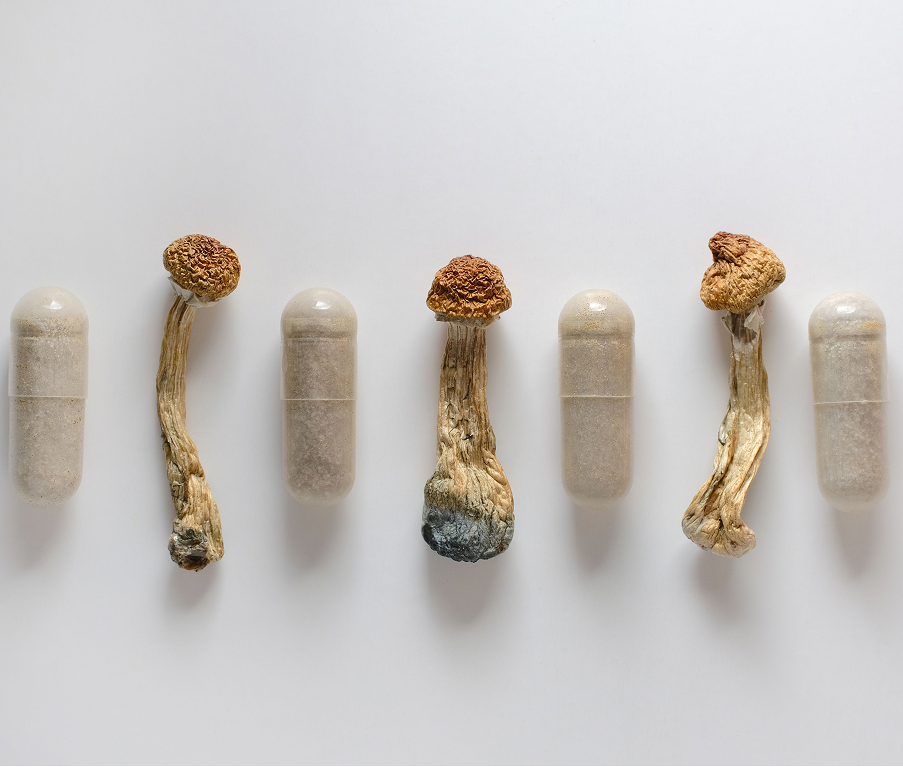
February 20, 2026
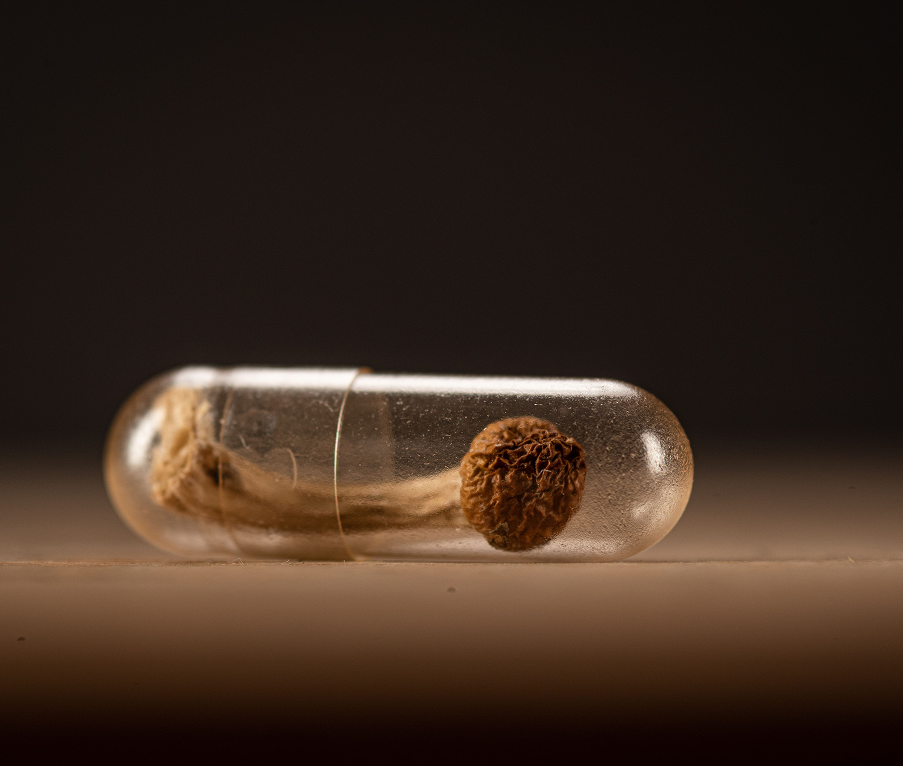
February 14, 2026

February 6, 2026

January 31, 2026

January 23, 2026

January 16, 2026

January 9, 2026













